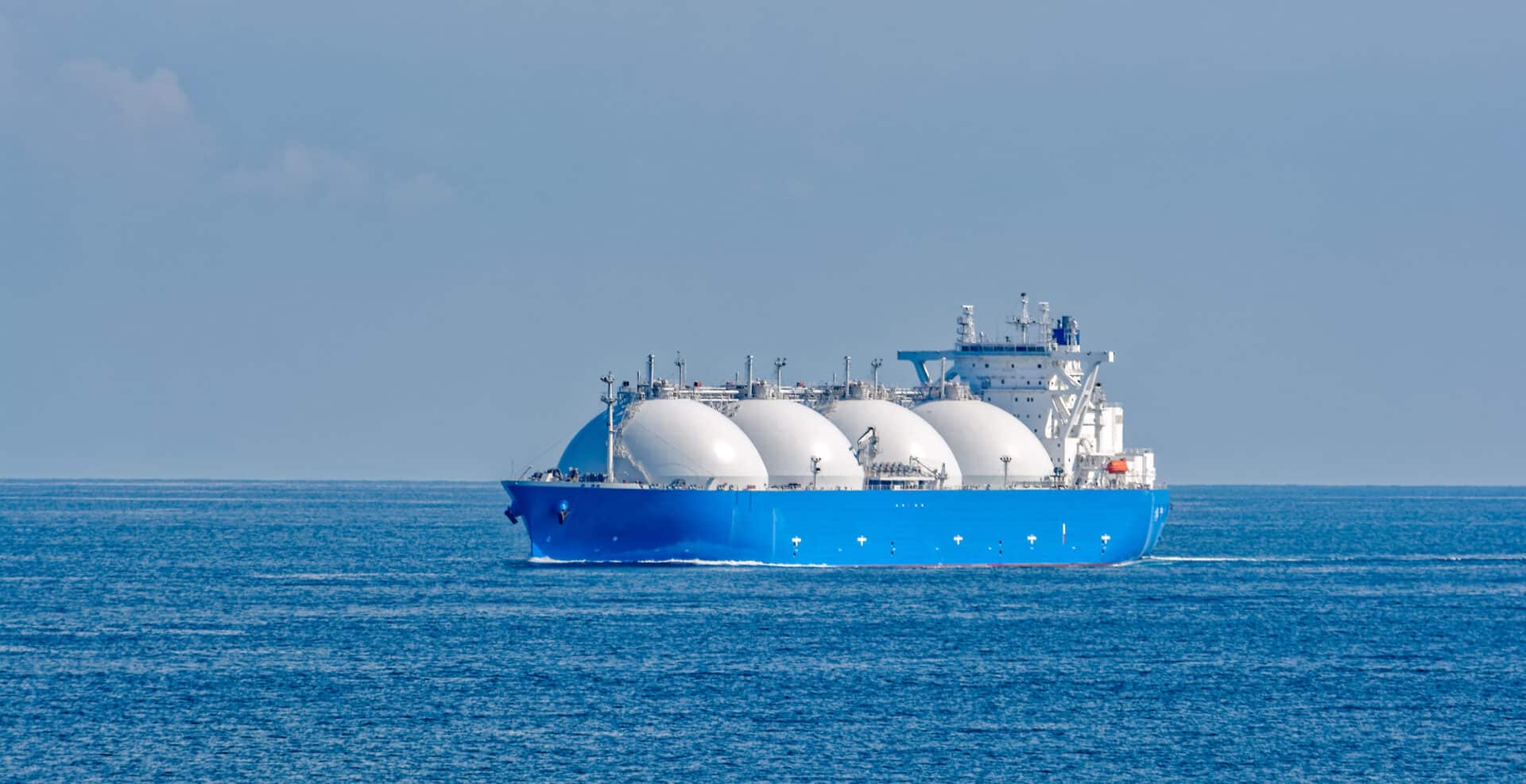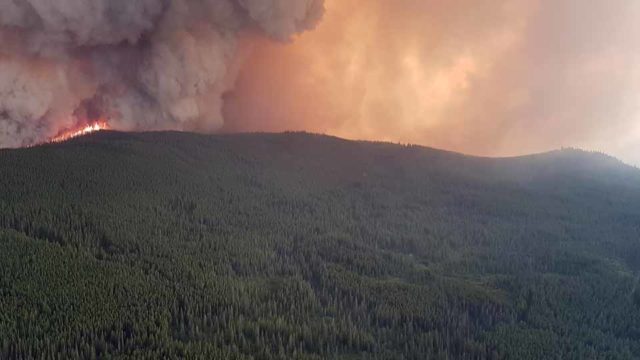LNG will further derail the province’s emission targets as the report glosses over significant emissions associated with LNG projects approved by B.C.
VANCOUVER/UNCEDED xʷməθkʷəy̓əm (MUSQUEAM), Sḵwx̱wú7mesh (SQUAMISH) AND səlilwətaɬ (TSLEIL-WAUTUTH) TERRITORIES Today, the Government of British Columbia released the 2023 Climate Change Accountability Report, which confirms that B.C. is still not on track to achieve its climate targets in 2025 and 2030. The annual report is required by the Climate Change Accountability Act, which also establishes emissions reduction targets for B.C. in 2025, 2030, 2040 and 2050 and for various sectors of the B.C. economy in 2030.
Following the release of the report, Matt Hulse, lawyer at Ecojustice, said:
“The fact that B.C. is not on track to meet its upcoming climate targets is bad news. Unfortunately, it could get much worse, as the report fails to incorporate the emissions from recently approved LNG (Liquefied natural gas) projects.
The report only includes the emissions associated with just one LNG export terminal, LNG Canada Phase 1, which is scheduled to start operations in 2025. The report does not account for the emissions associated with three other LNG projects that B.C. has also approved: LNG Canada Phase 2, Woodfibre LNG, and Cedar LNG. If these projects proceed, B.C. will miss its targets by a large margin.
LNG projects are such a big problem because they not only release emissions themselves, they also drive up natural gas production in B.C., which releases massive amounts of methane. A recent study determined that, in 2021, methane emissions in B.C.’s oil and gas sector were 1.7 times greater than estimated by government inventories. This finding is not addressed in the report and undermines the reductions in methane emissions claimed in the report. This underreporting is critical as methane emissions are 80 times worse for the climate than carbon dioxide in the 20 years after being emitted.”
Sarah Korpan, legislative affairs specialist at Ecojustice, said:
“The B.C. government has sent a delegation to COP28 in Dubai, where they’ll push the narrative of B.C. being a climate leader. While the report outlines achievements in the implementation of some of B.C.’s climate policies, it’s abundantly clear that we need stronger action to achieve our climate targets. This is emphasized by the high rate of climate-related disasters in recent years that have devastated communities and cost the province billions.
B.C. is projected to miss its 2025 and 2030 targets and the Oil and Gas sector target in a scenario with only one LNG export terminal. Yet B.C. has approved three additional LNG projects and there are two more in the assessment process. These projects are incompatible with B.C. targets and a healthy climate – we cannot afford more LNG in BC.
We are currently waiting for the B.C. Government to release its Oil and Gas Emissions Cap. It is clear from today’s report that this policy has a lot of work to do; it must be strong enough to ensure that B.C.’s Oil and Gas industry does its fair share to meet B.C.’s climate goals. The stringency of the policy is a real test of the B.C. Government’s commitment to climate action.”
Background:
Ecojustice works on climate accountability at both federal and provincial levels. We advocated for ambition and transparency in the Climate Change Accountability Act, strong targets for B.C.’s sectors, and a robust climate plan to achieve these targets. In March 2022, Ecojustice sued the B.C. government for failing to comply with the Act and present plans to achieve several key climate targets. We continue to hold the B.C. government accountable on effective action to address the climate crisis.
The 2023 Climate Change Accountability Report is based on 2021 emissions data (the most recent data available) and modeling of emissions into the future. Key updates from the report include:
- B.C. emitted 62 million tonnes (Mt) in 2021, a 1% increase from 2020 levels.
- B.C’s 2021 emissions were 3% below 2007 emissions levels (2007 is the baseline from which B.C. measures progress to its targets.)
- B.C. projects that provincial emissions may have increased in 2022 and 2023.
- B.C. will miss its 2025 and 2030 provincial targets, by 9% and 4% , respectively.
- B.C will miss its 2030 targets for the Oil and Gas sector and the Buildings & Communities sector, by at least 8% and 39%, respectively.
About
Ecojustice uses the power of the law to defend nature, combat climate change, and fight for a healthy environment. Its strategic, public interest lawsuits and advocacy lead to precedent-setting court decisions and law and policy that deliver lasting solutions to Canada’s most urgent environmental problems. As Canada’s largest environmental law charity, Ecojustice operates offices in Vancouver, Calgary, Toronto, Ottawa, and Halifax.




